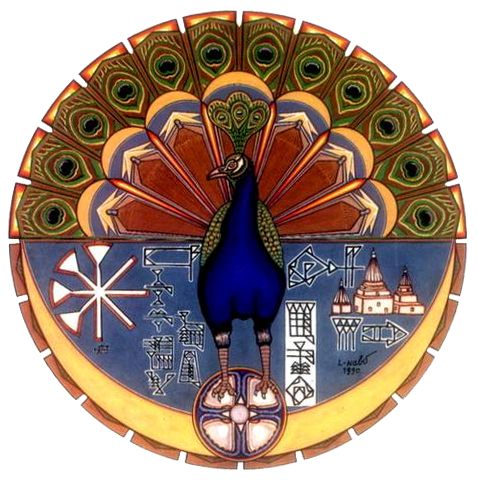[Shingal, Ezidikhan 15 August] In a move with potentially far-reaching implications, the Government of Ezidikhan has announced its plans to incorporate the internationally recognized principle of universal criminal jurisdiction into its legal code and to employ it to prosecute perpetrators of genocide.
The resolution, co-signed into law by Prime Minister Barjis Soho Khalaf and Justice Minister Nallein Sowilo, follows advice from legal scholars since it makes it possible for Ezidikhan to prosecute and convict perpetrators of serious crimes against humanity such as the genocide that Shingali Yezidis suffered in August 2014.
Universal criminal jurisdiction is the principle of international law that permits any nation to prosecute certain serious international crimes, regardless of where they are committed, by whom or against whom, or any other unique tie to the prosecuting nation.
Universal criminal jurisdiction has long been recognized by customary international law over piracy, slavery, slave trading, and, more recently, genocide. In the last half-century, an expanding series of treaties has recognized universal jurisdiction over such serious international crimes as “grave breaches” of the 1949 Geneva Conventions and the 1977 Geneva Protocol I.
Universal criminal jurisdiction developed over time as a response to international recognition of serious crimes whose perpetrators were otherwise likely to escape prosecution. The first such crime was piracy, which all nations were authorized to prosecute because of the nature of the crimes and the ease with which pirates might evade jurisdiction. Much the same dual rationale — heinous crimes otherwise left in impunity — has fueled the modern extension of universal jurisdiction over war crimes, genocide, torture, and acts of international terrorism.
The Government’s resolution, signed into law on 13 August, which takes effect immediately with modifications to Ezidikhan’s legal code, is part of a broader legal and diplomatic push by Ezidikhan to bring to justice the perpetrators of the 2014 genocide committed against the Shingali Yezidi population.


